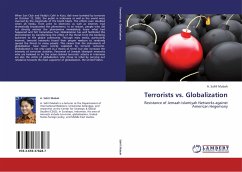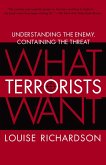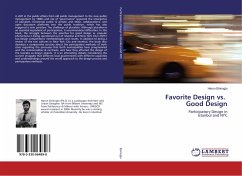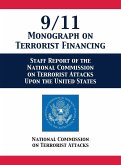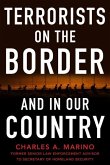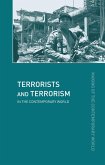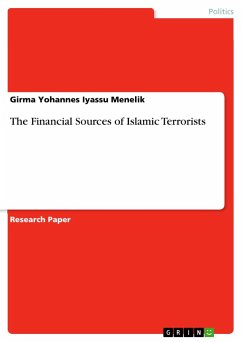When Sari Club and Paddy¿s Café in Kuta, Bali were bombed by terrorists on October 12, 2002, the public in Indonesia as well as the world were stunned by the magnitude of the bomb blasts. The effects even doubled when all media, from print to electronic as well as internet, had dramatically broadcasted the phenomena. In an instant, people who did not directly witness the phenomena immediately knew what had happened and felt tremendous fear. Globalization has well facilitated this phenomenon by transforming the effect of the threat from the bombing epicentre to the global community. Through mass media, particularly internet, terrorist networks found their proper medium to randomly spread the threat to many people. This means that the instruments of globalization have been cannily exploited by terrorist networks. Globalization is not only used as a means of terror but also increases the intensity of terrorism activities. Personnel of Jemaah Islamiyah networks who are believed to be the actors behind terrorists¿ attacks in Indonesia are also the victim of globalization who chose to rebel by carrying out resistance towards the main supporter of globalization, the United States.
Hinweis: Dieser Artikel kann nur an eine deutsche Lieferadresse ausgeliefert werden.
Hinweis: Dieser Artikel kann nur an eine deutsche Lieferadresse ausgeliefert werden.

